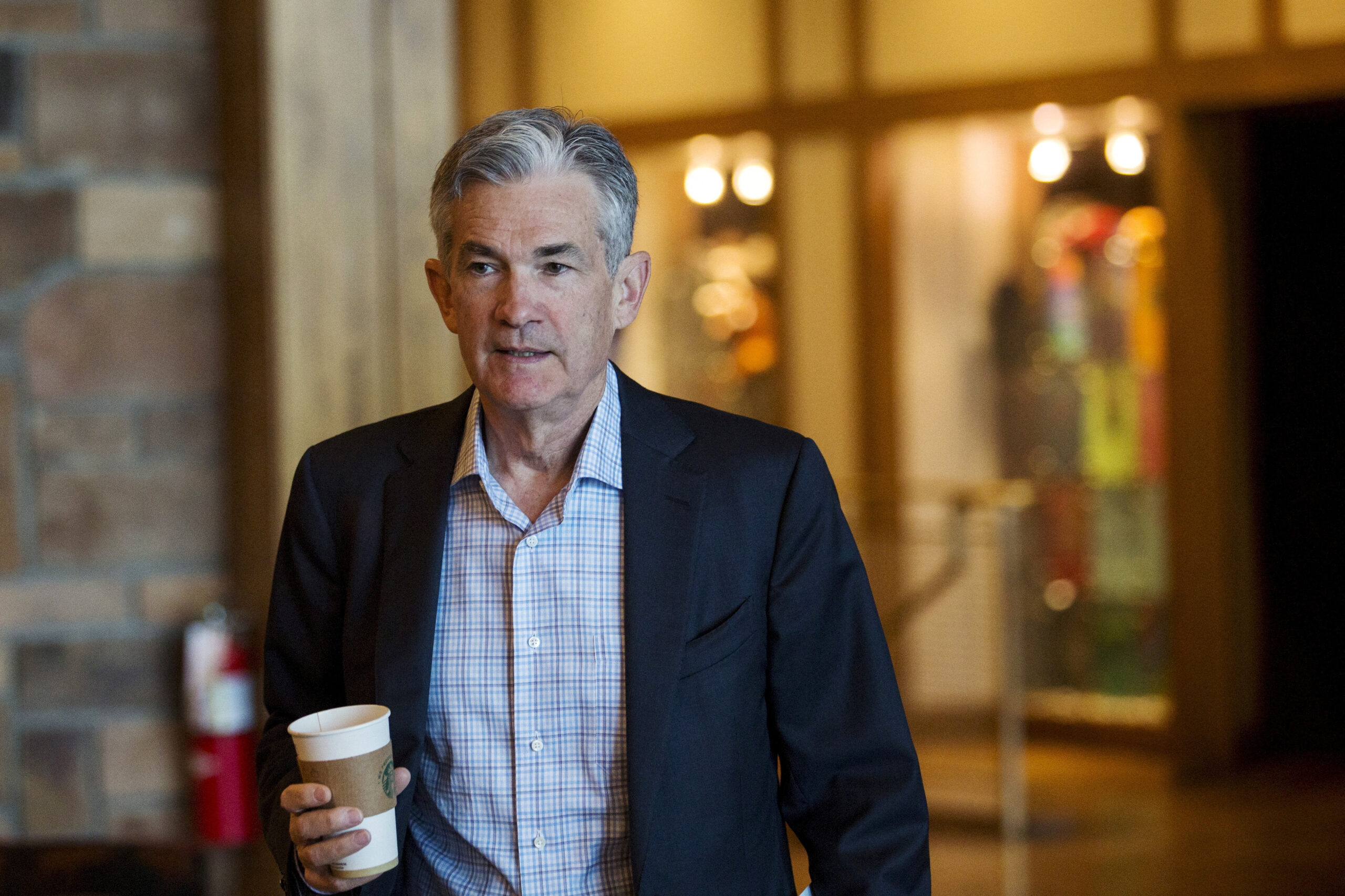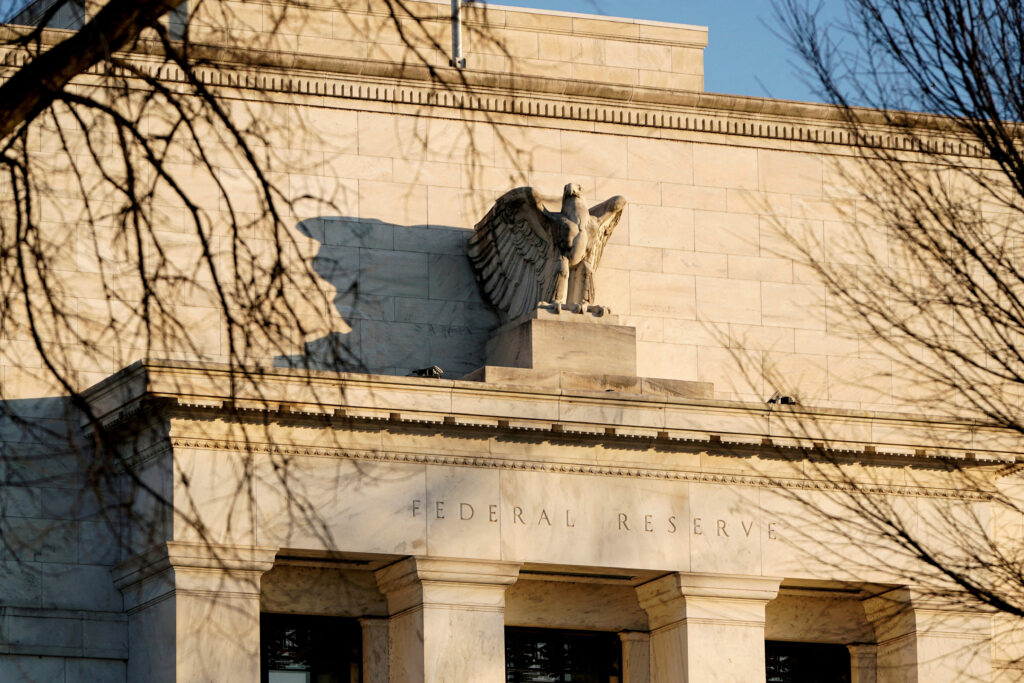JACKSON HOLE, Wyoming – On Thursday, Federal Reserve policymakers lined up in U.S. interest-rate cuts support starting next month now that inflation is well down from its highs and the U.S. labor market is cooling. However, one signaled he is in no rush to ease policy.
“For me, barring any surprise in the data we’ll get between now and then, I think we need to start this process” of lowering rates, Philadephia Fed Bank President Patrick Harker said in an interview with Reuters. “I think a slow, methodical approach down is the right way to go.”
Boston Fed President Susan Collins struck a similar tone, signaling her likely support for a rate cut at the U.S. central bank’s policy meeting next month.
“I do think that soon it is appropriate to begin easing,” Collins said in an interview with Fox Business on the sidelines of the annual global central banker economic symposium in Jackson Hole, Wyoming. Inflation has eased “quite a lot” and the labor market is healthy, she said.
With the preservation of that health a priority, Collins said, “I think a gradual, methodical pace (of interest rate cuts) once we are in a different policy stance is likely to be appropriate.”
Their view contrasts a bit with Kansas City Fed Bank President Jeff Schmid, one of the U.S. central bank’s more hawkish policymakers.
“We’ve got some data sets to come in before September,” Schmid said in an interview with broadcaster CNBC, referring to the Fed’s policy meeting on Sept. 17-18. “There is some room to consider where we go from here but I frankly think we’ve got time.”
Still, he added, “it bears looking harder” at the recent rise in the unemployment rate, which measured 4.3% in July “I’m going to let the data show where we lead…I would agree with several of my colleagues that you probably want to act maybe before (inflation) gets to two (percent) but that sustainability to two I think is really important.”
The U.S. central bank is widely expected to begin reducing its benchmark policy rate at its upcoming meeting, with most Fed officials buoyed by encouraging inflation data and increasingly anxious about the health of the job market.
The Fed targets 2% annual inflation by the personal consumption expenditures price index; by that gauge, inflation was 2.5% in July.
(Source: ReutersReuters)
Mark Glenn is a financial journalist and breaking news reporter for ABBO News. Mark is known for his ability to deliver real-time news updates on market developments, mergers and acquisitions, corporate earnings reports, and regulatory changes, helping investors stay informed and make sound financial decisions. Read Full Bio










